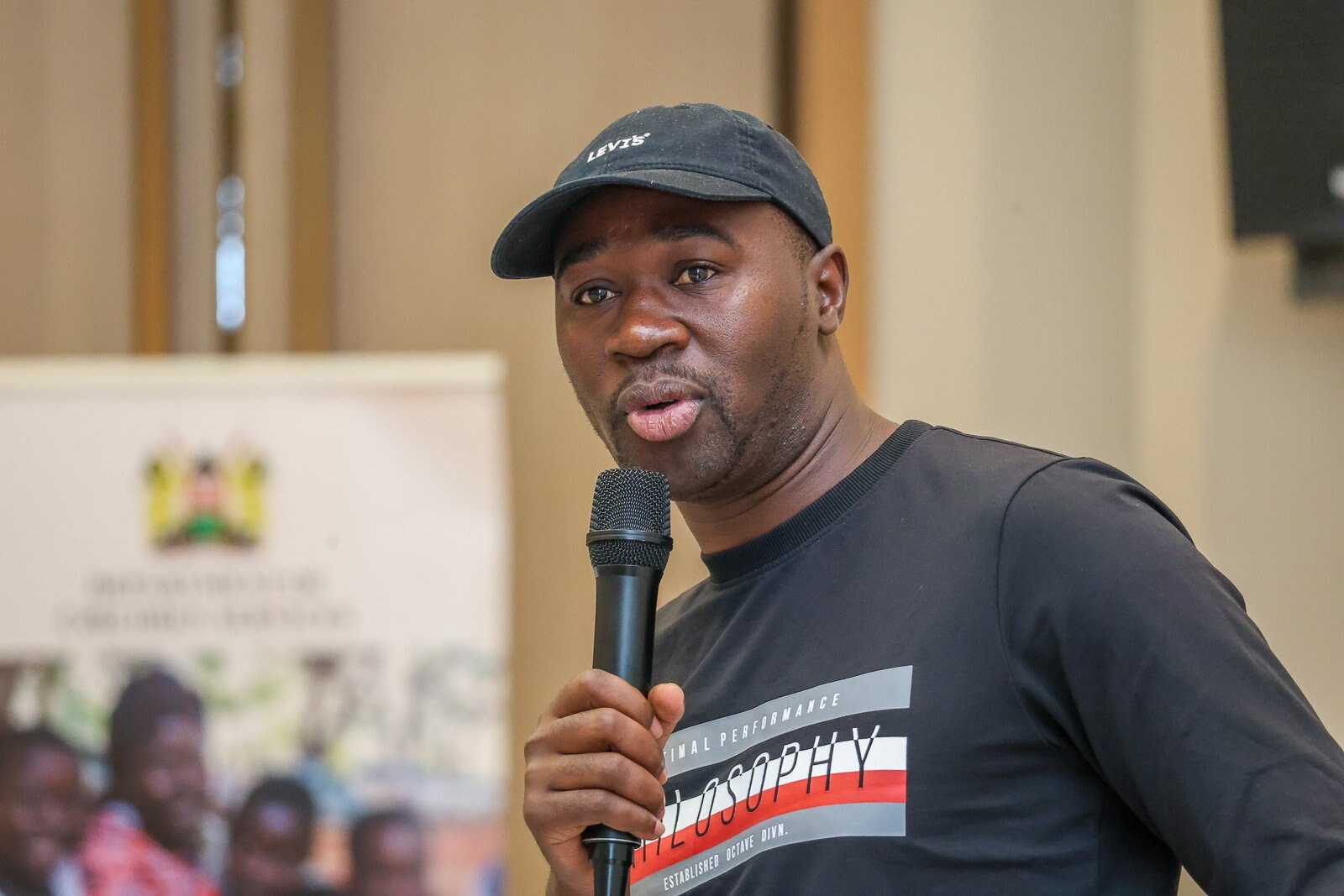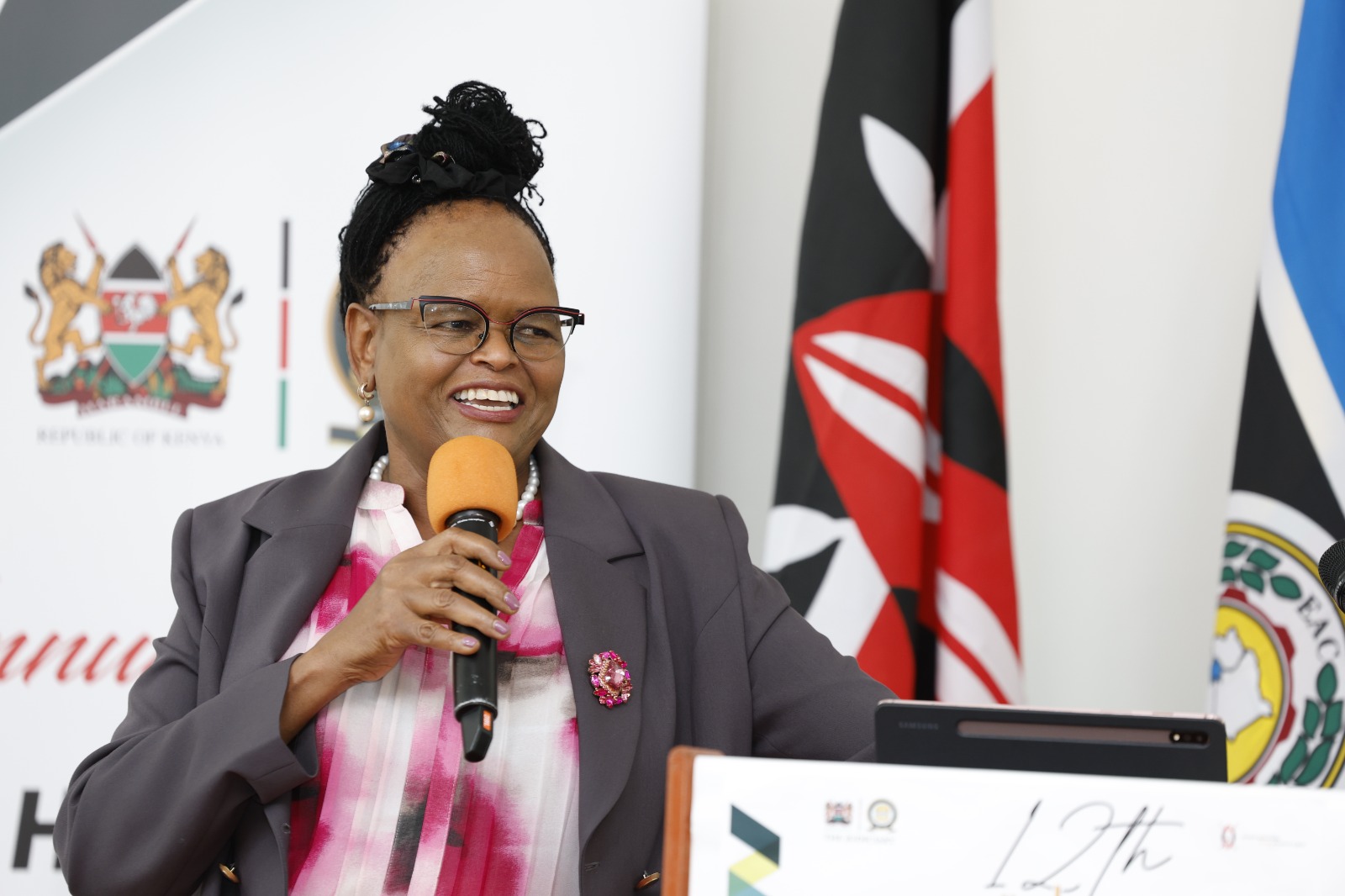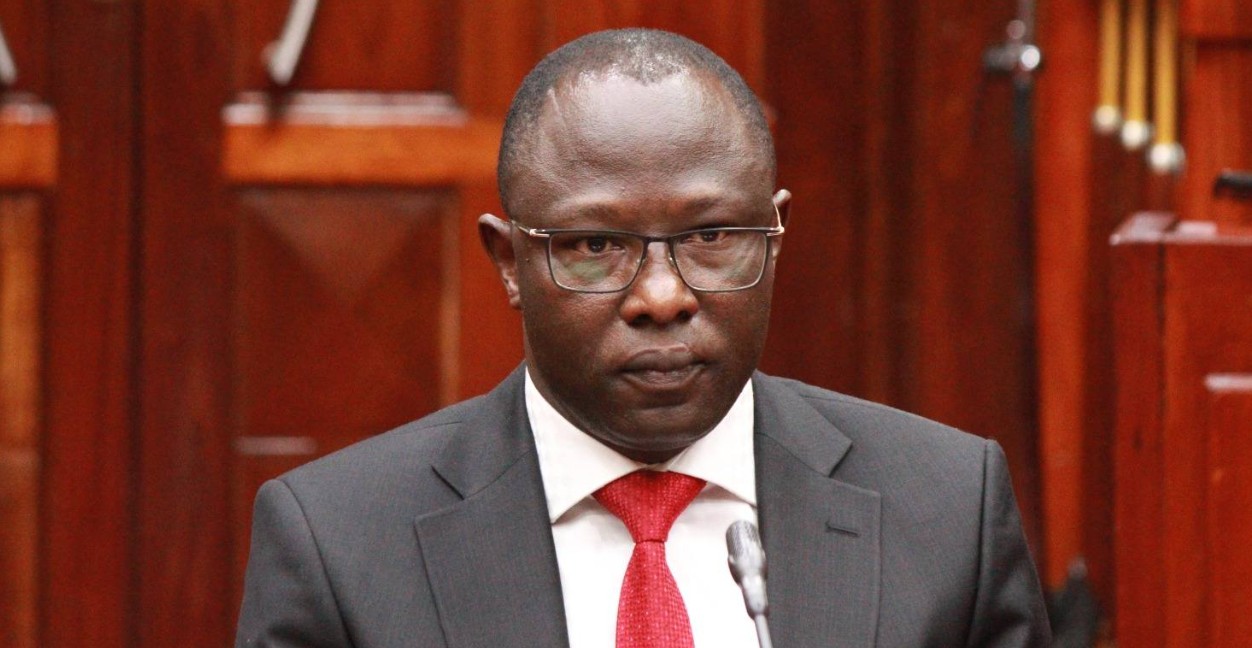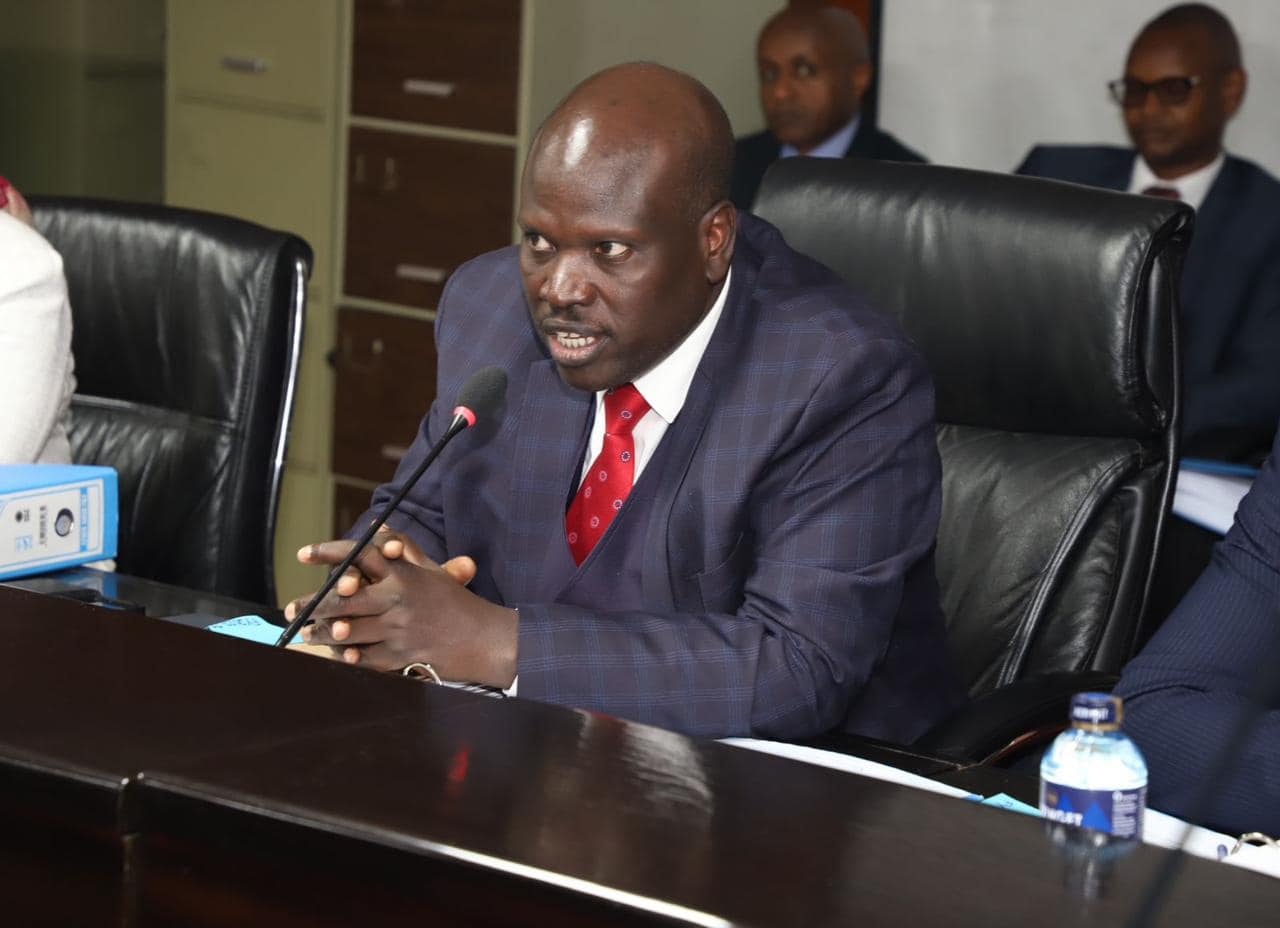New malaria tool tested by KEMRI reduces infections by 33 per cent- study
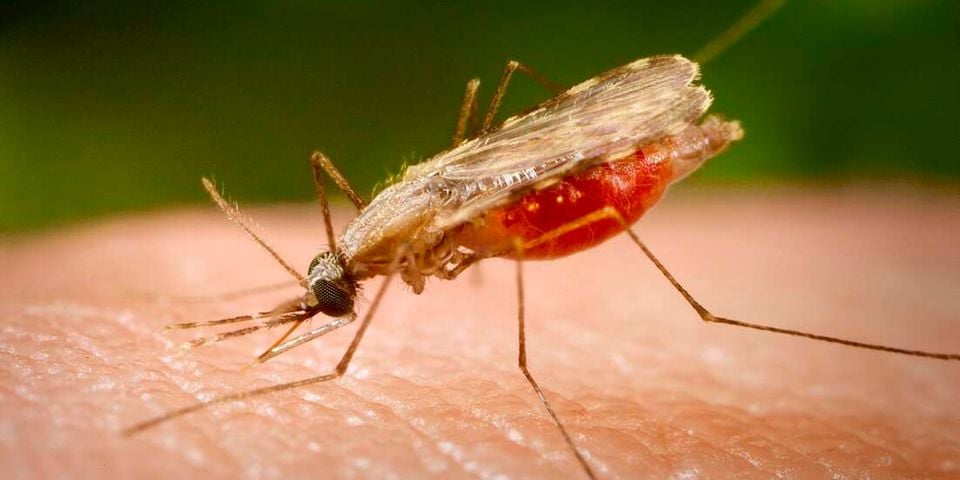
The Ministry of Health in Kenya has already begun incorporating spatial repellents into its national malaria control strategy.
A new vector control tool aimed at reducing malaria transmission has shown promising results in a major clinical trial conducted in Kenya, as reported by KEMRI.
The study, published in The Lancet, reveals that a spatial repellent known as Mosquito Shield has significantly reduced malaria infections by one-third when used alongside insecticide-treated nets.
More To Read
- Kenya’s war on HIV, TB and malaria faces setback as funding drops sharply
- Kemri sounds alarm over budget snub, warns of research collapse and health crisis
- Invasive urban mosquito threatens to worsen malaria in Kenya, scientists warn
- Over 80 per cent of child deaths in high-mortality areas preventable, study finds
- Explainer: What you need to know about World Malaria Day 2025
- Congo lab testing confirms deadly disease outbreak was malaria
The trial, led by the Kenya Medical Research Institute (KEMRI), Unitaid, and the University of Notre Dame, marks a milestone in malaria prevention efforts.
Mosquito Shield, developed by SC Johnson, was tested in Busia County, Kenya, an area that, despite widespread use of insecticide-treated nets, still struggles with high malaria transmission.
The study found that the combination of Mosquito Shield and insecticide-treated nets reduced first-time malaria infections by 33.4 per cent, and overall malaria infections by 32.1 per cent, compared to a placebo product.
"This is a powerful result. There is no magic bullet for malaria, but a one-third additional decrease in transmission on top of mosquito nets could translate into tens of thousands of lives saved each year," said Dr. Bernard Nahlen, Professor of Biological Sciences at the University of Notre Dame.
"Alongside insecticide-treated nets, rapid diagnosis, effective treatment, and case management, this approach could reinforce protection for vulnerable groups, including children, pregnant women, and displaced populations."
The findings of this trial represent a significant breakthrough in malaria control, particularly as malaria-carrying mosquitoes in Busia County have developed resistance to many conventional insecticides.
This new tool offers a promising solution to reduce transmission in areas that continue to see high rates of the disease, despite the widespread use of nets.
"Results from the Kenya trial mark a seminal event in decades-long research on spatial repellents in support of public health," said Nicole Achee, Lead Principal Investigator and Scientific Director of the AEGIS Project at the University of Notre Dame. "We are elated."
The trial was part of the Advancing Evidence for the Global Implementation of Spatial Repellents (AEGIS) project, which has been supported by the global health organisation Unitaid and the U.S. Centers for Disease Control and Prevention (CDC).
The findings also build on previous research conducted in Indonesia, and now, for the first time, demonstrate the significant impact of spatial repellents on malaria transmission.
The Ministry of Health in Kenya has already begun incorporating spatial repellents into its national malaria control strategy.
The Ministry has developed guidelines for the nationwide scale-up of these tools, preparing for their introduction in the broader effort to combat malaria.
"We have made enormous strides against malaria in Kenya, but areas like Busia County experience rates of malaria that mirror countries with the highest burdens," said Prof. Elijah Songok, Acting Director General of KEMRI.
"People in those areas urgently need new tools and tailored solutions. We are proud to see the impact of this work already translating into action for millions of people at risk of malaria here."
The results of this trial suggest that Mosquito Shield could become a key tool in the global fight against malaria, alongside existing measures like insecticide-treated nets, which have been a cornerstone of malaria prevention for years.
According to the research team, the new tool could avert approximately 60 malaria infections for every 100 people using it each year.
"Unitaid is proud to have supported the AEGIS trial as the results from Kenya mark a major advance in malaria control," said Dr Philippe Duneton, Executive Director of Unitaid.
"This breakthrough is the result of a successful collaboration spanning industry, academia, and donor partners and brings us closer to a diversified toolbox in the fight against malaria," he added.
The next steps for the spatial repellent include further trials in Mali and Sri Lanka to evaluate its efficacy in preventing not only malaria but also dengue.
In Sri Lanka, a previous study showed that the spatial repellent reduced the risk of dengue infection by 34 per cent.
Top Stories Today
